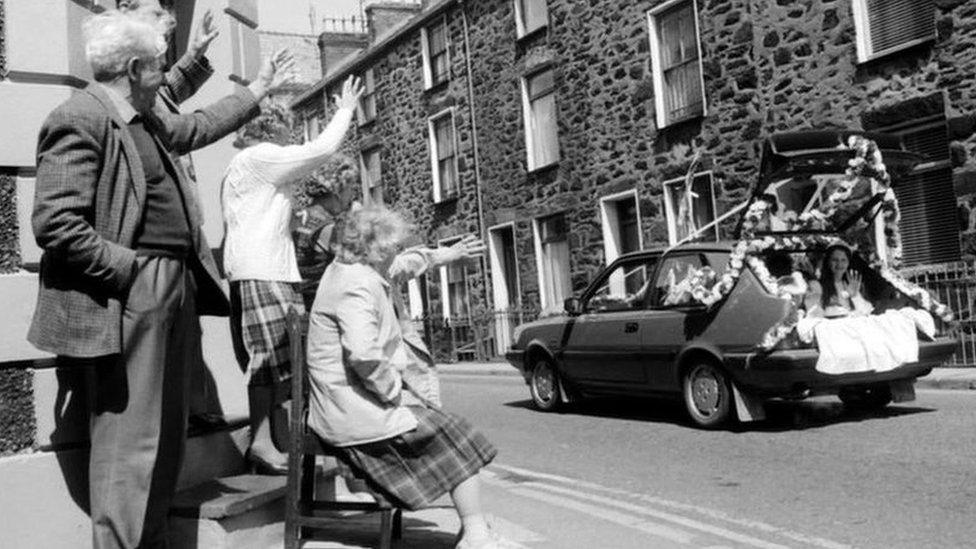Mental health: 'Photography saved me from myself'
- Published
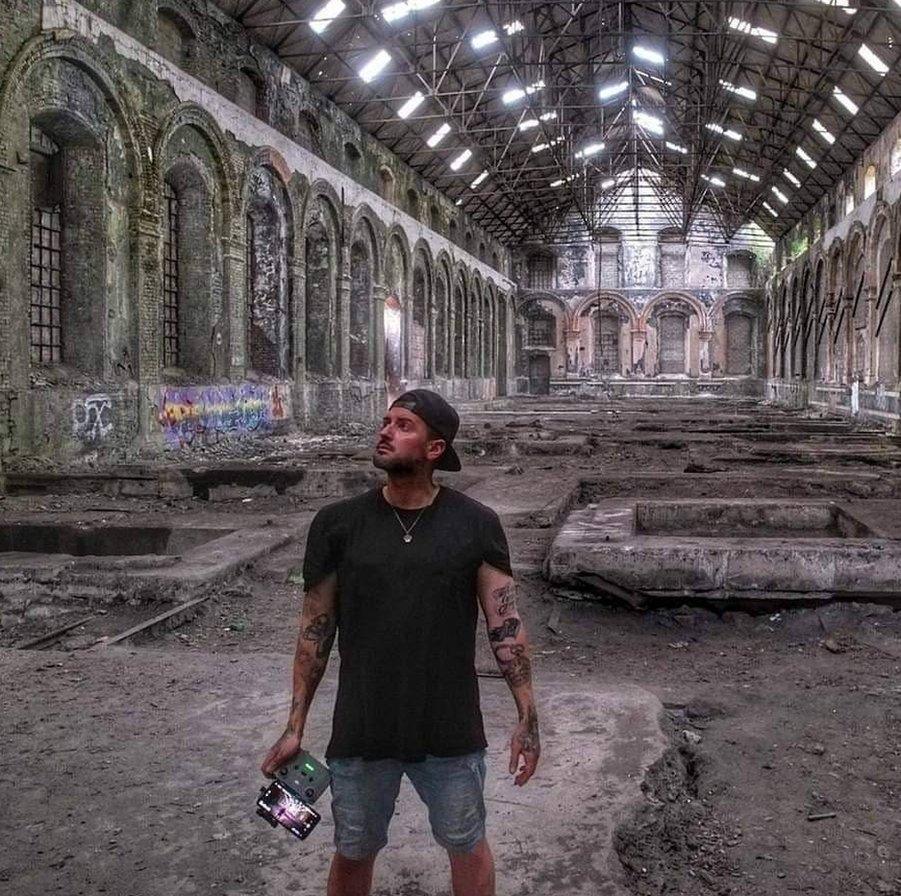
Steve credits taking photographs of abandoned buildings with his improved mental health
Warning: Contains themes of suicide
Five years ago Steve Liddiard's mental health had deteriorated to the point where he was suicidal and felt "bricked up" inside his own mind.
When his GP advised him to take up walking he decided to take a camera - unbeknown to him, that was to be the start of his recovery.
"Photography saved me from myself," said Steve, 36.
The father-of-two from Swansea began experiencing anxiety in his early 20s but it came to a head in his early 30s.
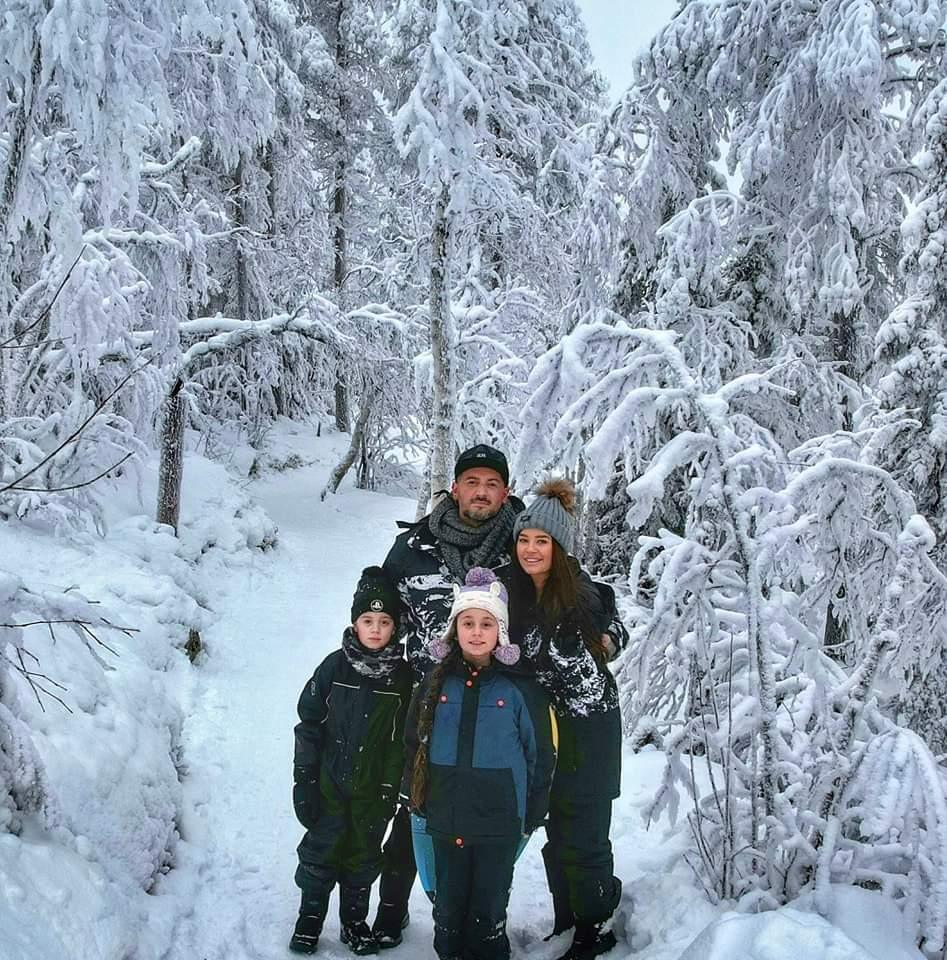
Steve says his family have been a huge support through his recovery
"[I was] balancing trying to be a good father, trying to progress career wise, worrying about money and bills and then I had some serious family issues which pushed me over the top and I felt as if there was no way to overcome everything," said Steve, who lives in Swansea.
"You are your own worst enemy, doubting thoughts, feeling short of breath and the constant worrying."
Steve became depressed, struggled to leave the house, became distant from family and friends and put on a front at work.
"Inside I was crumbling away," he said.
At his lowest point he attempted to take his own life.
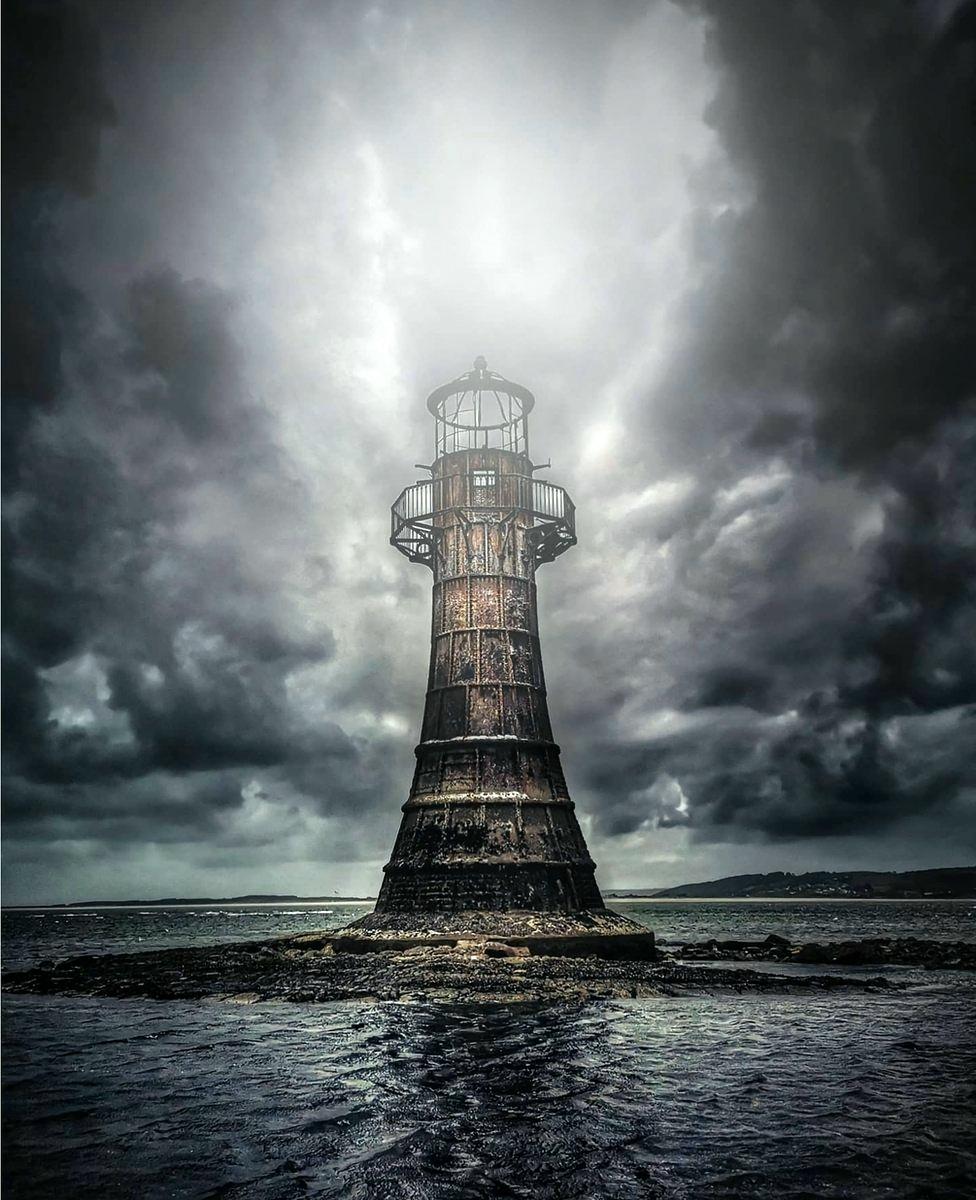
Steve won Historical Photographer of the Year 2021 for this image of Whiteford Lighthouse
"It's hard and embarrassing even now to admit that," he said.
"I feel selfish that my actions could have had a major impact on others, children growing up without a dad, a partner to support them alone, but in that moment it's almost like you are in thick fog and tunnel vision takes over, you feel it's the only way to stop the thoughts.
"At that time, I thought this was the only way out."
It was a turning point.
"Seeing the reaction from my family, I needed some help," he said.
His mother and his partner of 14 years encouraged him to take action.
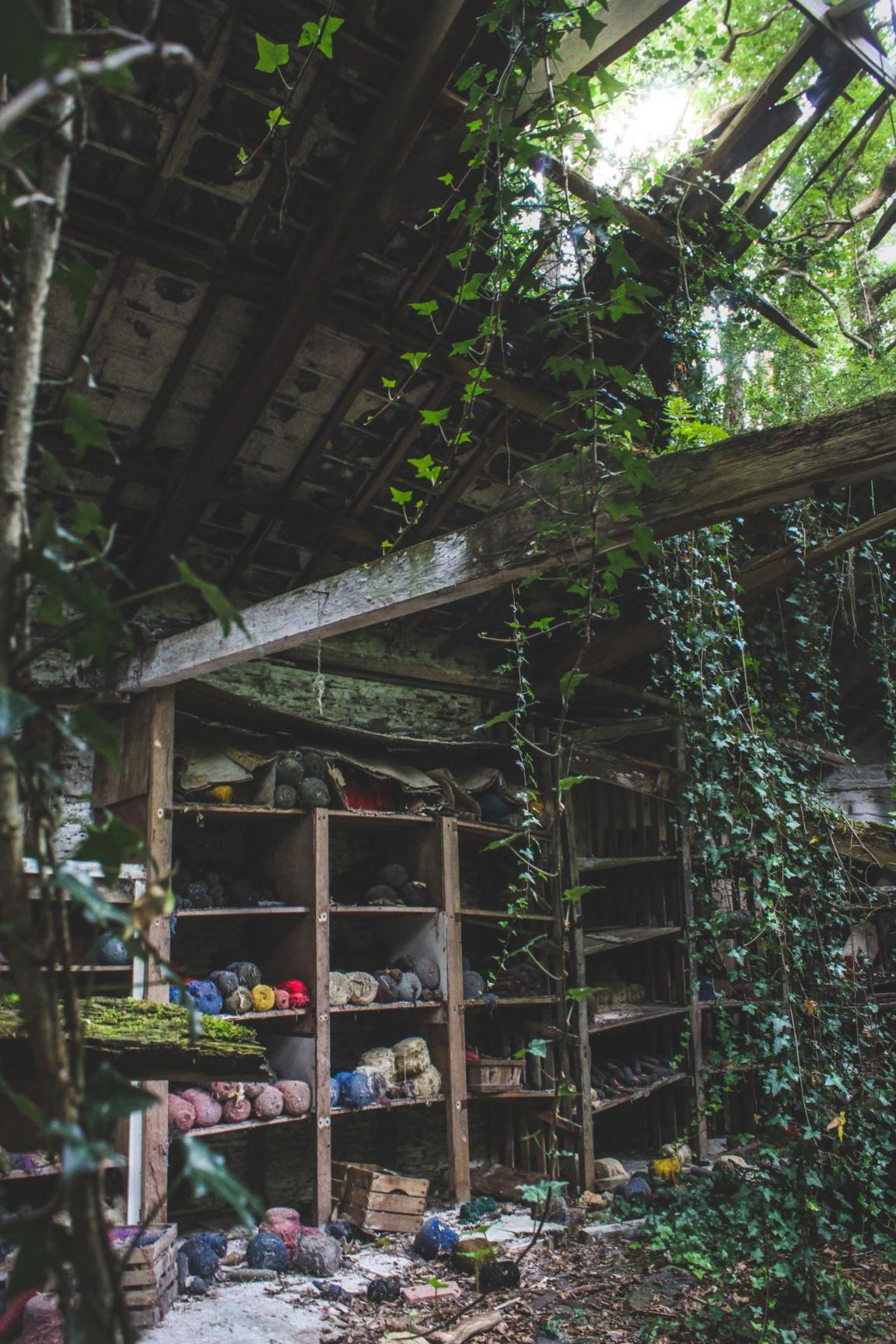
Steve won Historical Photographer Of the Year again in 2022 with this image of a long lost Welsh woollen mill
"Maybe if they didn't I wouldn't still be here today," admitted Steve.
He went to see his GP, where he was given medication and advice on ways to cope.
"One of the therapies I was advised to try was going for walks alone, whether it be a beach, mountains, just an escape and clear my mind," he said.
For his first walk he visited Whiteford Sands, a vast expanse of beach on the Gower Peninsula.
He walked out to the lighthouse.
"The lighthouse is worn, battered and bruised but still standing tall - I felt a connection to how I was feeling at that time," said Steve.
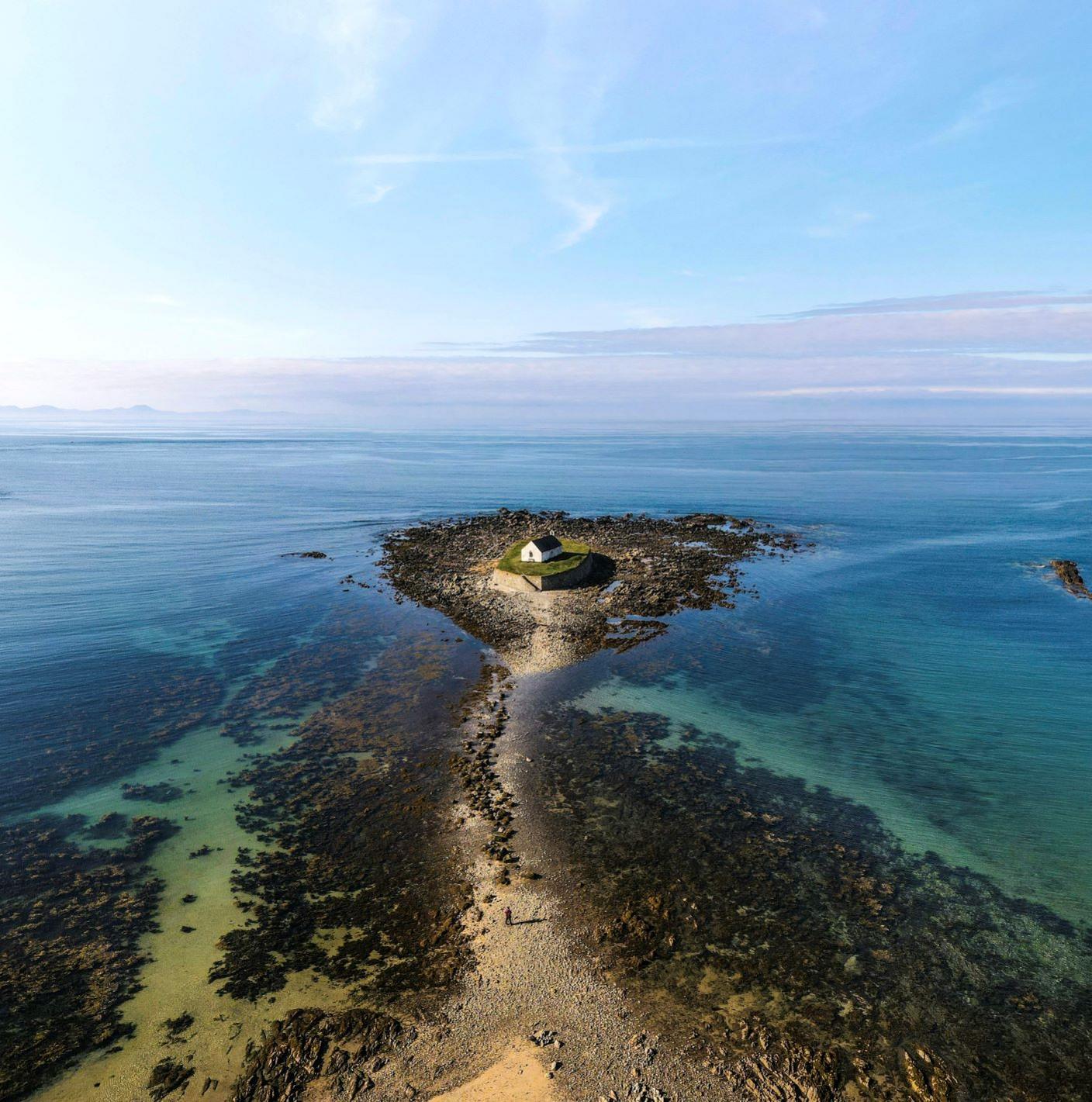
Eglwys Cwyfan is a Grade II-listed medieval church in Llangadwaladr, Anglesey
"I took some photos on my camera phone, shared them online and had positive feedback."
From then on, whenever he was out walking he would take photos.
He eventually bought a camera, equipment and drones.
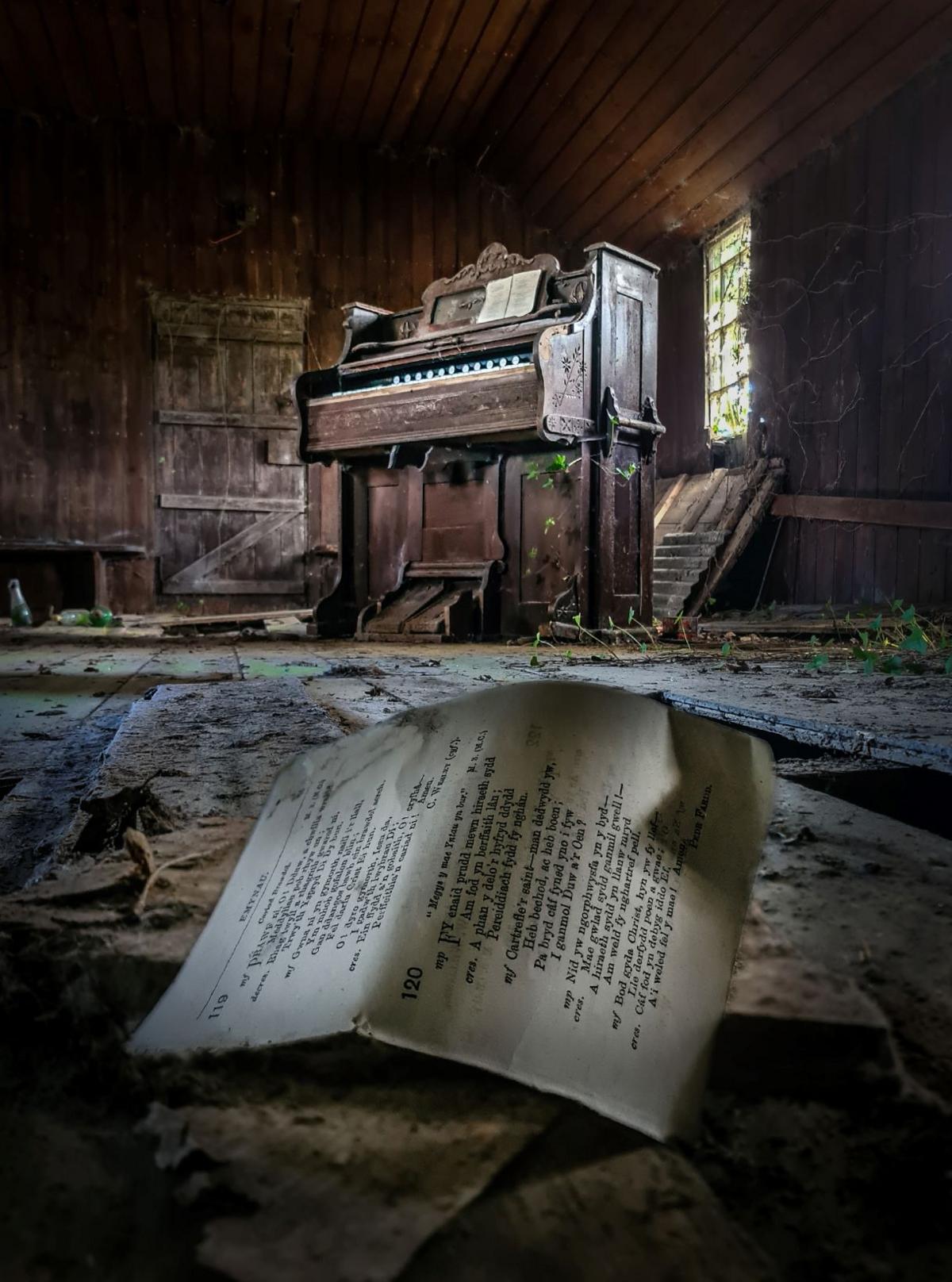
Steve took this photo of an old church organ in a long-forgotten tin Sunday school in Ceredigion
"Photography I find is almost like meditation, you are focusing on your subject, adjusting for light, clarity, framing, you zone out completely, it was the perfect remedy for me," said Steve.
Since his first shot of the old lighthouse, Steve has found a passion for photographing abandoned and dilapidated mansions, forgotten chapels and industrial buildings that have been left behind to modern technology.
"Anything that has a history behind it," he said.
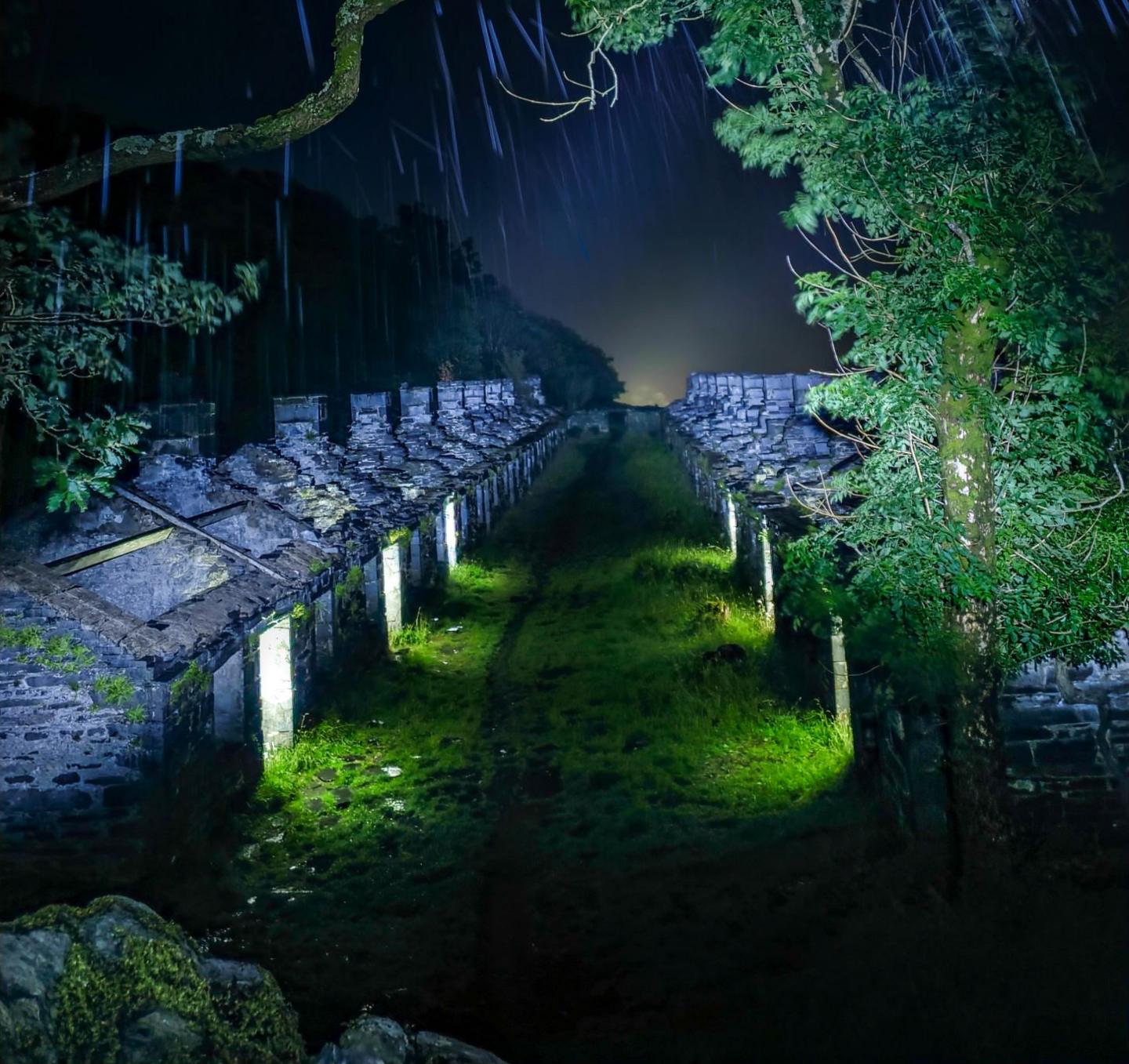
Steve captured these former quarrymen's cottages on Anglesey at night
"I find it fascinating to see these places. I feel it's important to document them before they crumble away."
Steve's photography remains a hobby - he works in the IT department at Swansea's Morriston Hospital.
None-the-less, his work has received critical acclaim.
In 2021 he was named Historical Photographer of the Year for an image of his favourite Whiteford Lighthouse.
The following year he won the same award again, this time for his photograph of a disused Welsh woollen mill, with "the vibrant colours of the wool still sitting on the spindles, with nature growing all around".
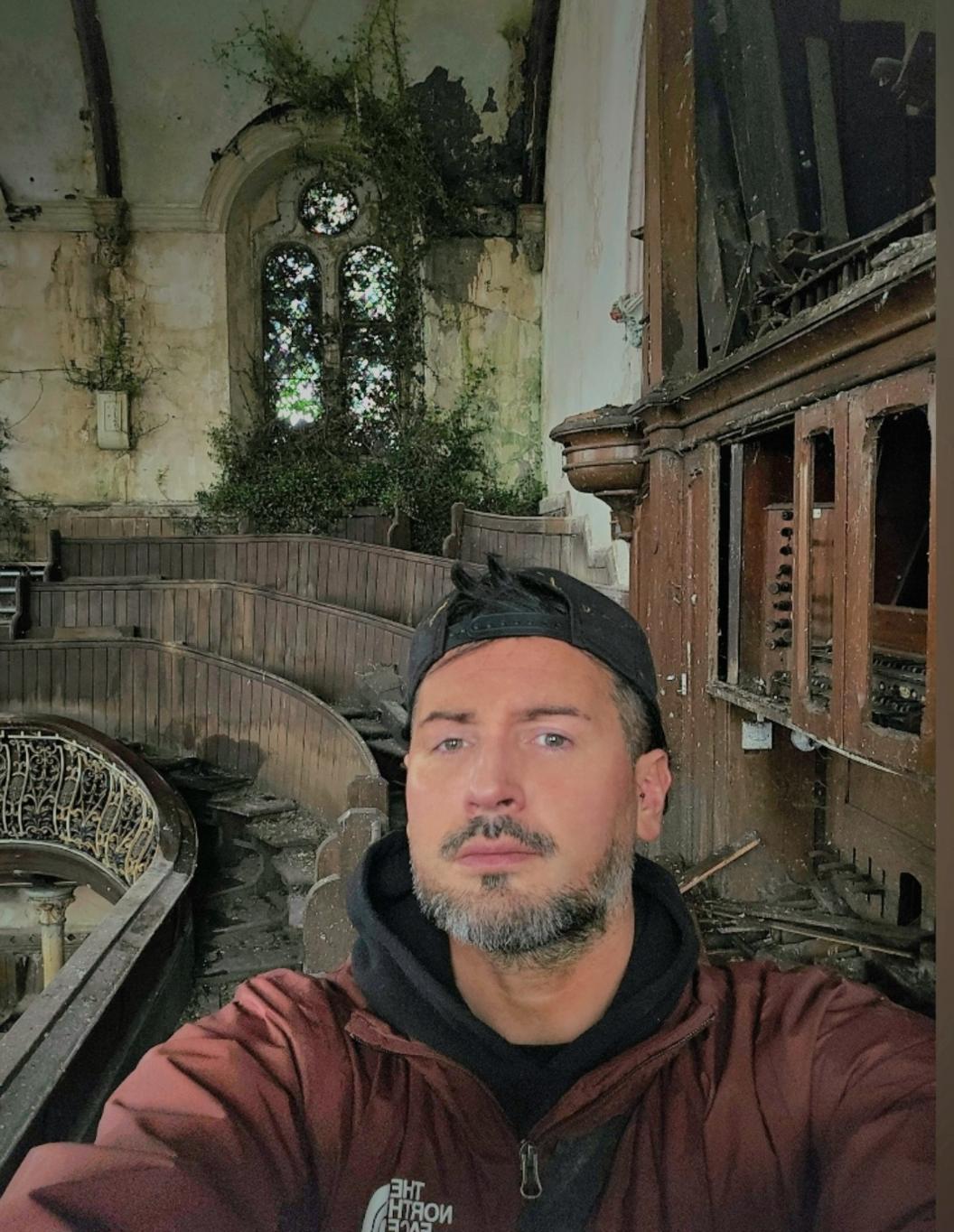
Steve enjoys photographing long-abandoned buildings
These days, Steve says he is "really good".
"Things in life of course stress us all out but I have ways of coping now," he said.
"I don't let things bottle up."
He said his partner Briony had noticed a huge difference in him.
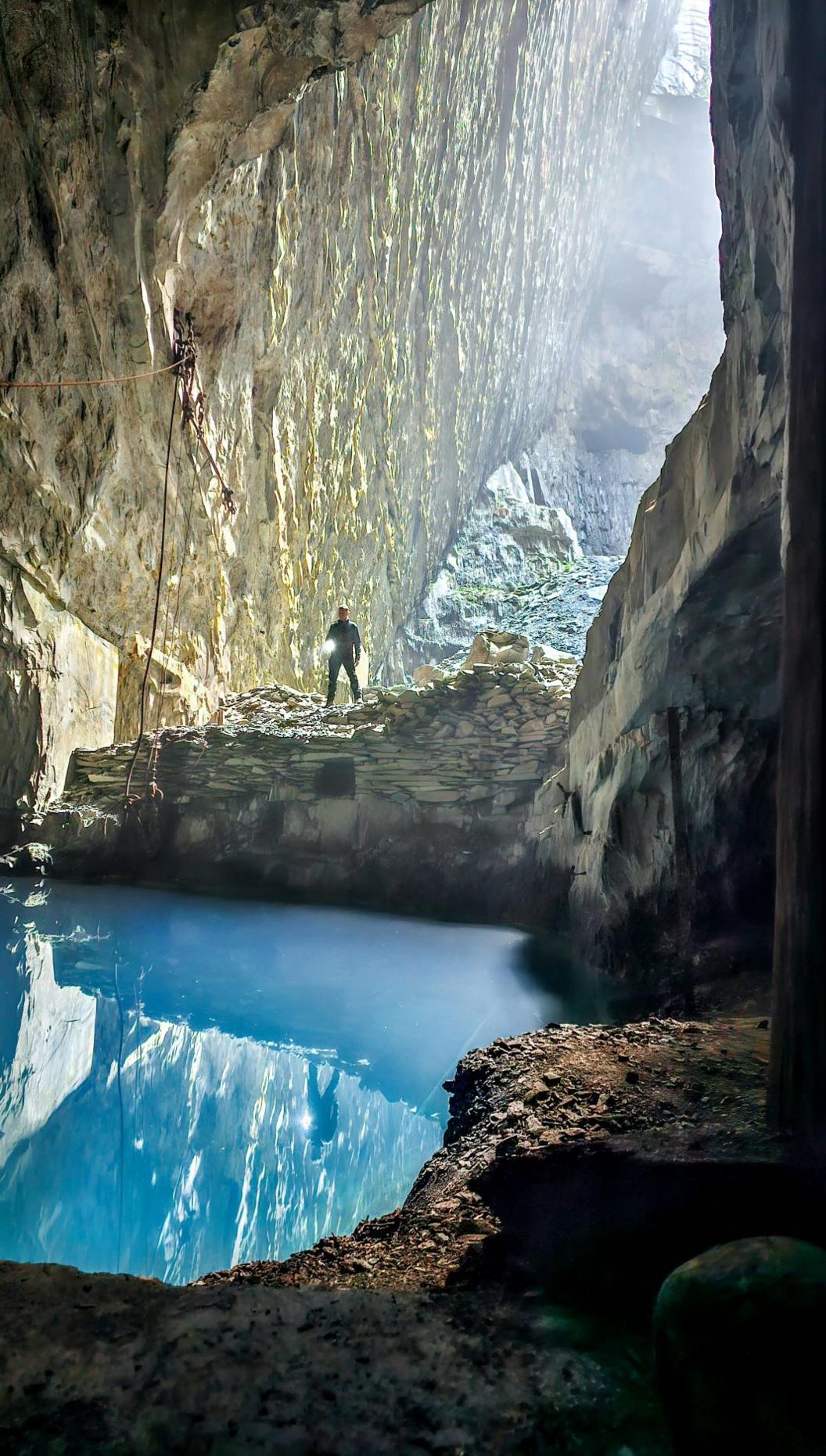
This dramatic shot was captured inside an underground slate mine
Steve goes out to take photos early in the morning or late at night so he can spend as much time as possible with her and their two children, aged nine and 10.
"I would love in the future to see one of my photos hanging up in their own homes," he said.
He urged anyone struggling with their mental health to speak to someone.
"Whether it's friends and family first. No issue is too big, everyone struggles it's just some struggle more than others. It's not a sign of weakness, it's a sign of strength to speak out," he said.
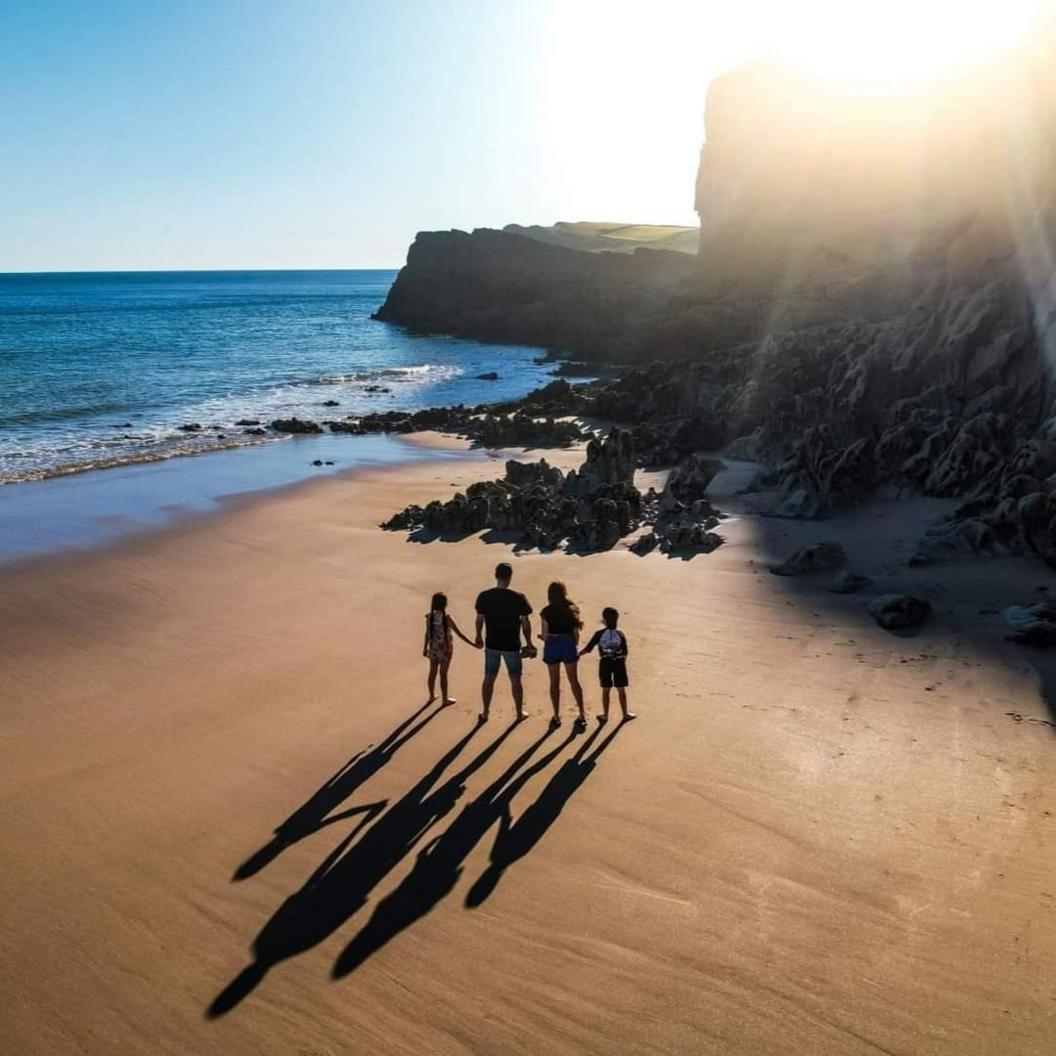
Steve lives in Swansea with his partner and their two children
Steve said he was inspired by a quote by Bryce Evans, external, another photographer who says picking up a camera saved his life.
"If you find yourself stuck in the darkness, the first thing to do is find and start capturing the light."
If you have been affected by issues raised in this story you can find details of where you can get support at BBC Action Line.

STEELTOWN MURDERS: Three murders - unsolved but never forgotten
UNMISSABLE DRAMA: When the Wolf is at the door, be very afraid

Related topics
- Published29 July 2023
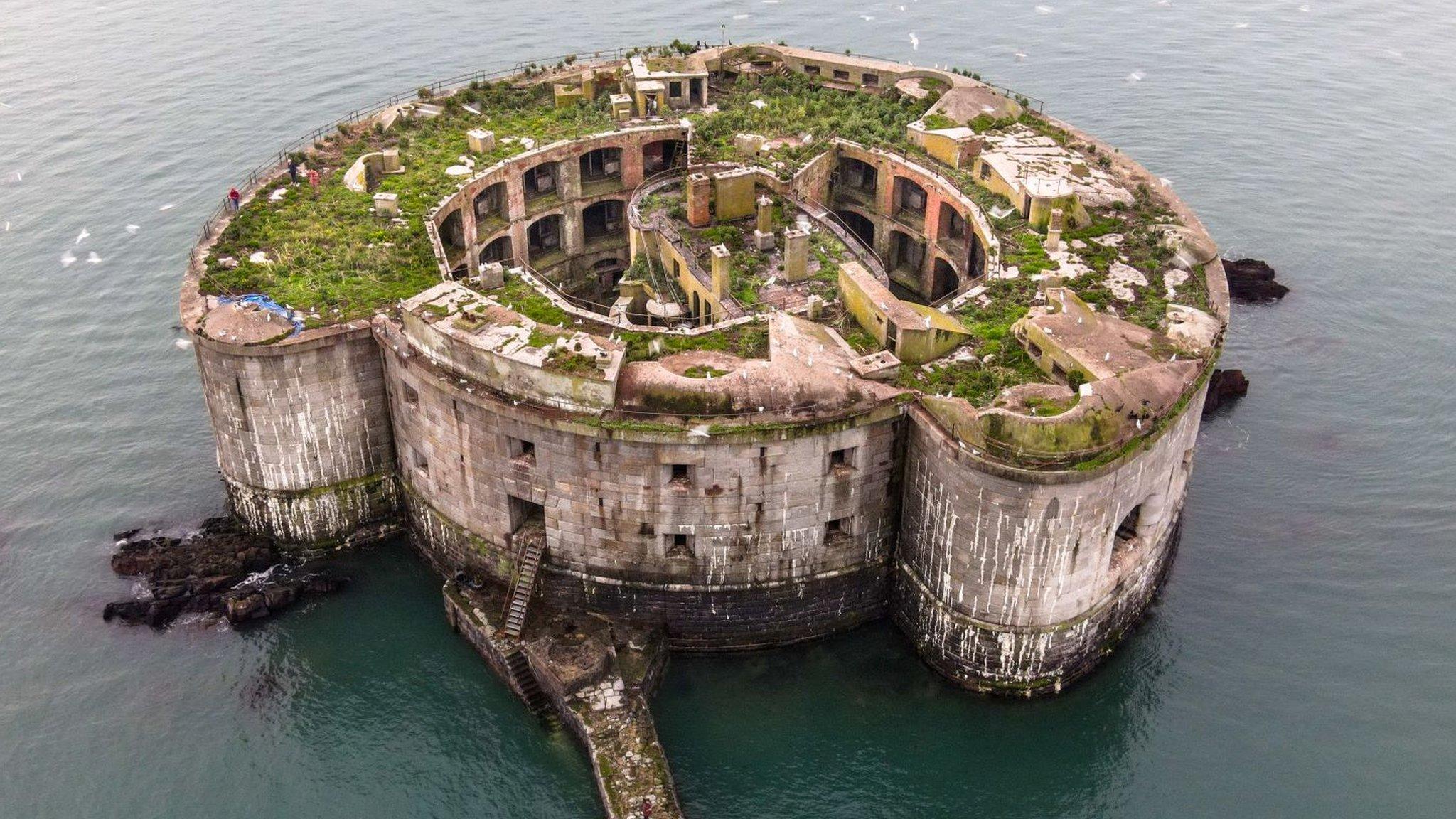
- Published23 July 2022
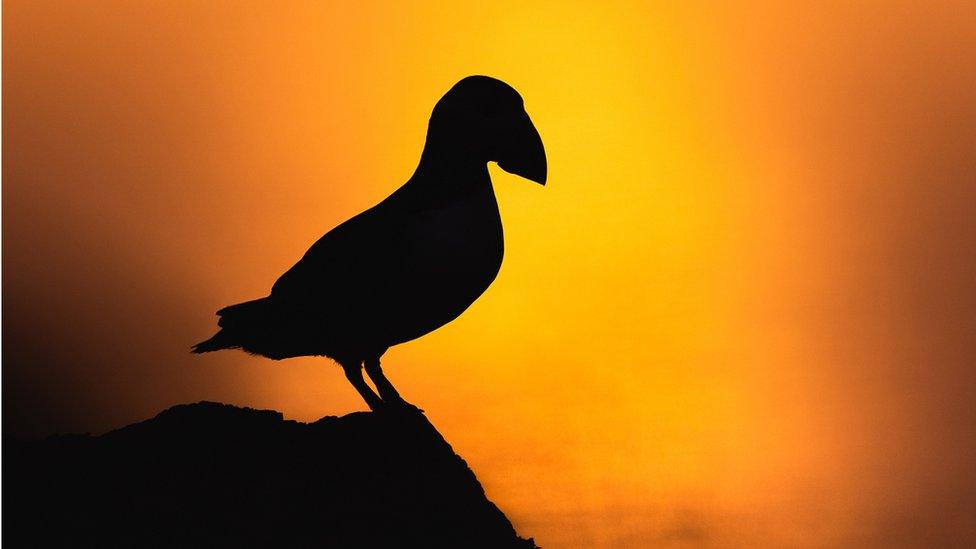
- Published17 July 2022
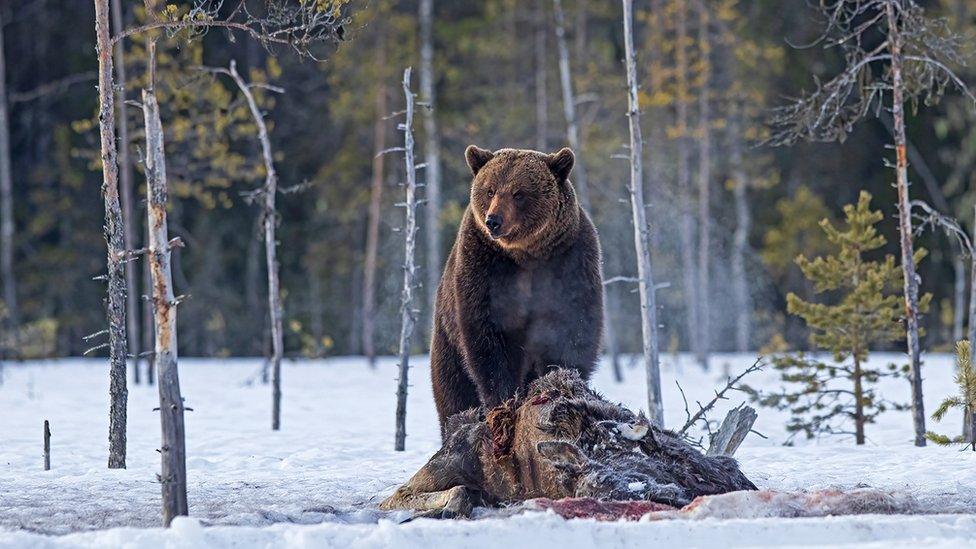
- Published31 July 2022
